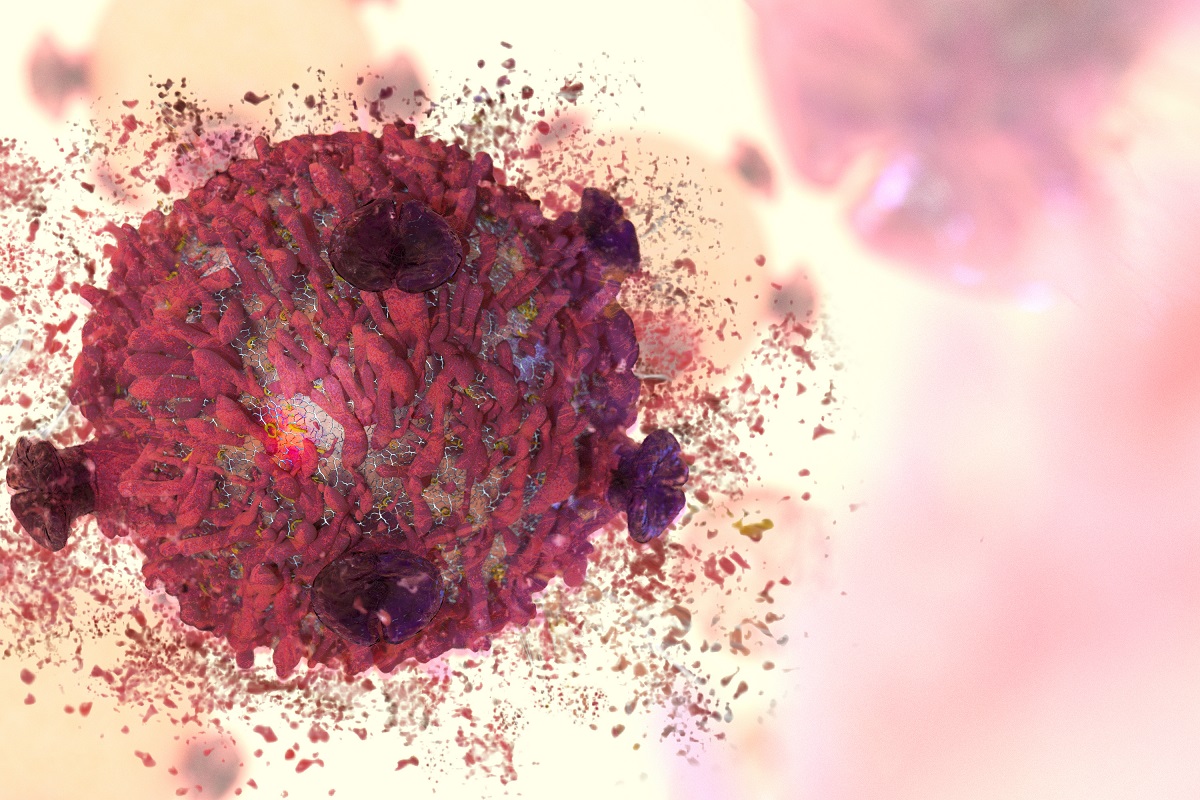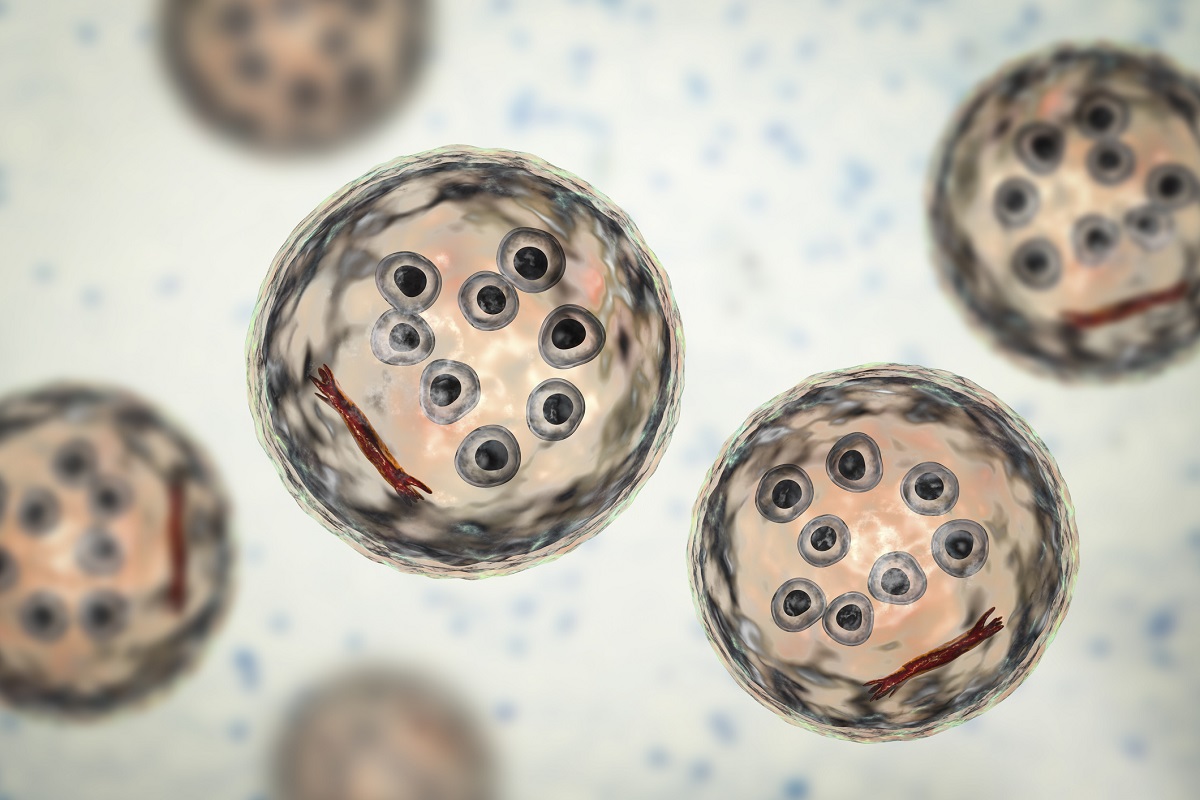The IPSOS phase III trial aimed to assess if the efficacy and tolerability of atezolizumab monotherapy in Asian NSCLC patients with no PDC eligibility mirrored the wider IPSOS trial results. The primary endpoint was OS. The study exhibited consistent safety and efficacy with ITT results, validating its performance in PDC-ineligible patients. S.M. Lee […]...
IASLC-WCLC 2023
Coverage of IASLC World Conference on Lung Cancer
Sep 09
-Sep 12, 2023










